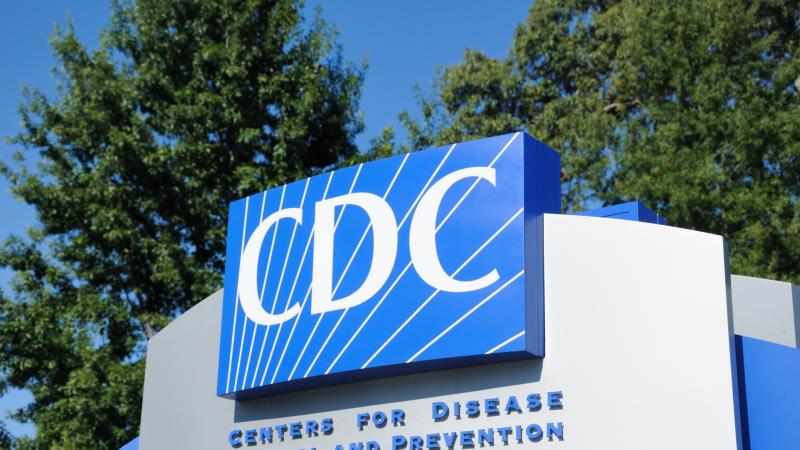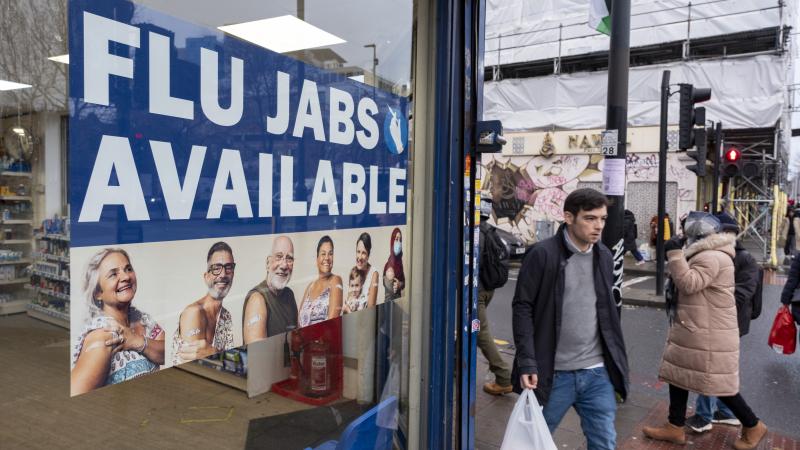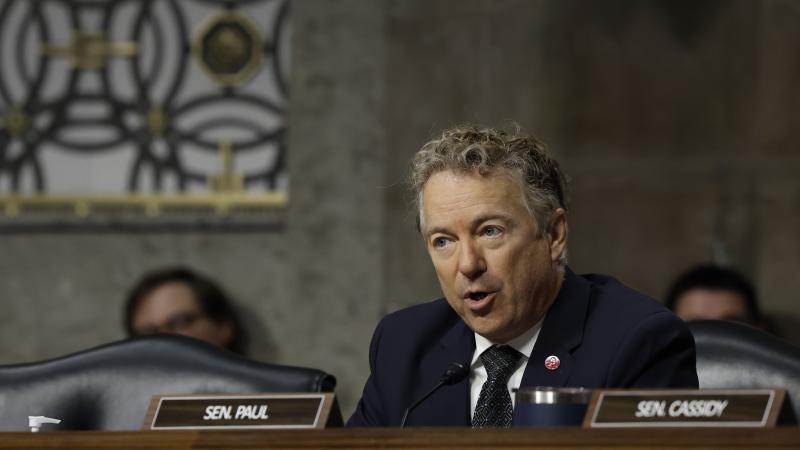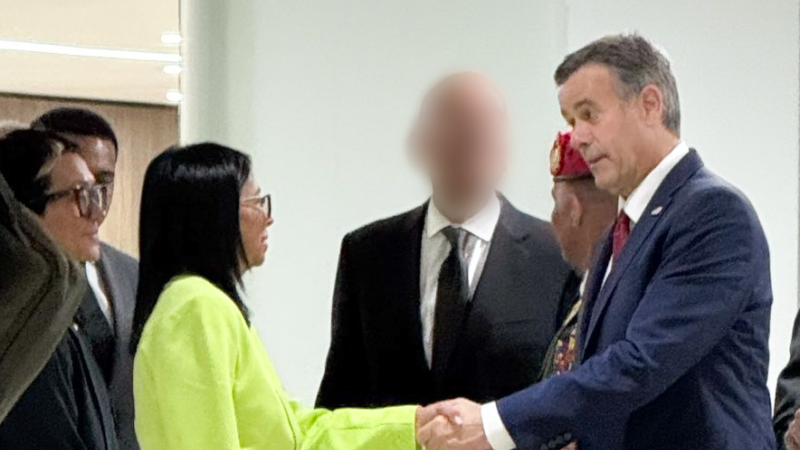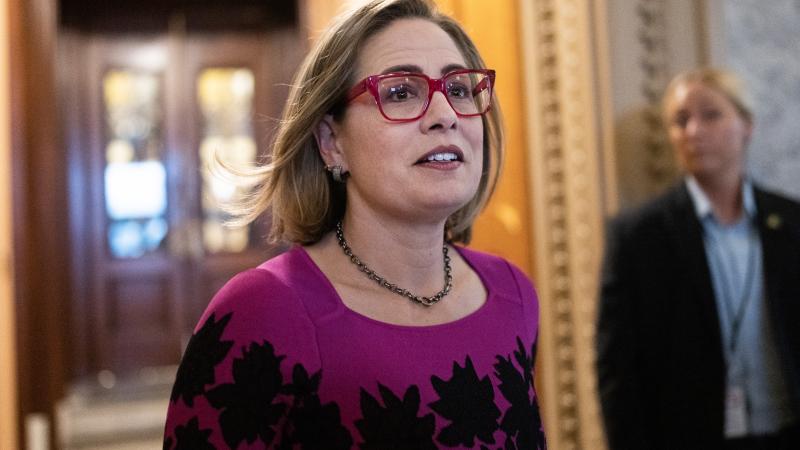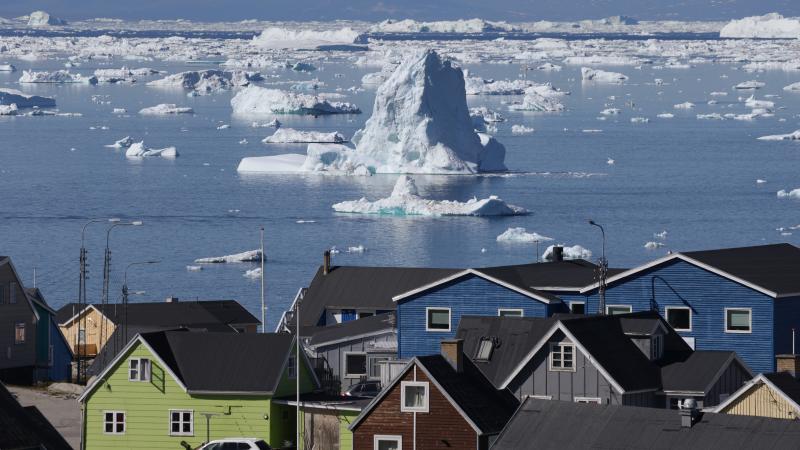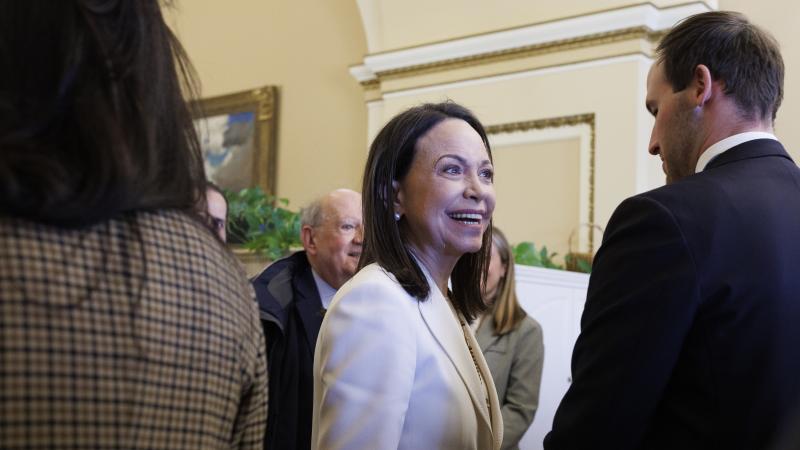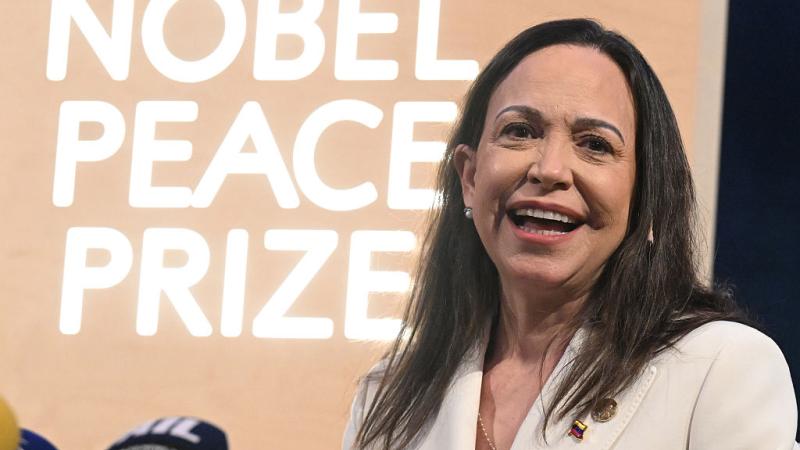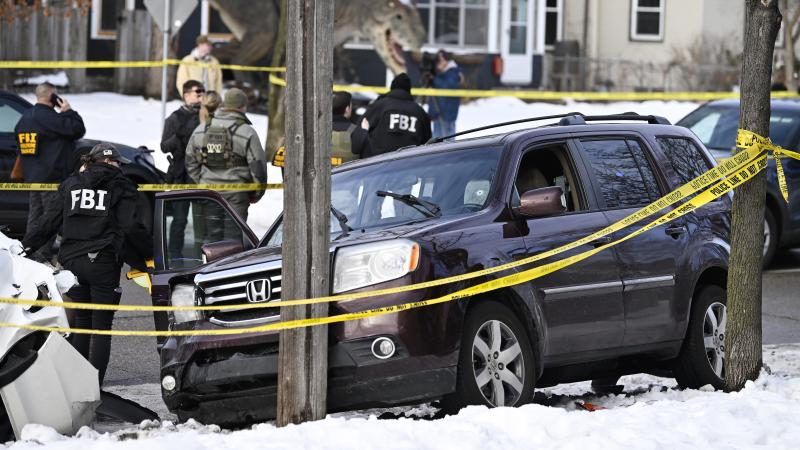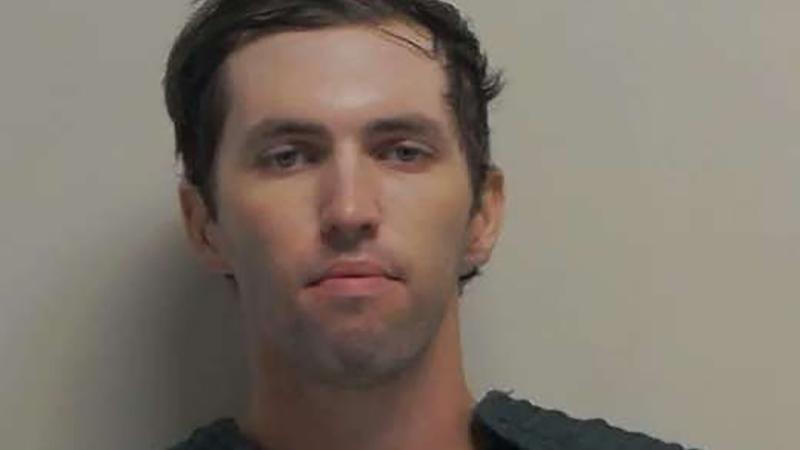Medical journal 'cartel' that demonized lab-leak, hydroxychloroquine shown the door by Kennedy
"My impression is that Bobby's comments were misinterpreted. He supports academic freedom also," NIH Director Bhattacharya says in response to portrayal that Secretary Kennedy undermined him.
The legitimacy of prestigious medical and scientific journals is under siege as the Trump administration threatens to take federal research elsewhere and scrutiny falls on their alleged coziness with regulators, interest groups and drugmakers, with perhaps the most serious consequences in the integrity of COVID-19 origin research.
Health and Human Services Secretary Robert F. Kennedy Jr. called out the New England Journal of Medicine, Journal of the American Medical Association and The Lancet as "corrupt," on The Ultimate Human podcast Tuesday.
The National Institutes of Health will "probably" stop publishing its scientists' research there, and each institute will set up its own journal "unless these journals change dramatically," he said.
One obvious target for publishing is the new Journal of the Academy of Public Health, established in part by NIH Director Jay Bhattacharya and Food and Drug Administration Commissioner Marty Makary shortly before they were tapped for the new administration.
HHS also plans to devote "probably 20% of NIH's budget to replication" to address the longstanding irreproducibility crisis, he said. "Every study has to be replicated."
Asked which medical journals weren't on Kennedy's blacklist, an HHS spokesperson told Just the News its "top priority is to ensure scientific research remains rigorous, transparent, and accessible to the American people. The secretary urges leading medical journals to increase transparency and reduce editorial bias."
It's just one of many big changes in the federal public health agencies, with Kennedy and his Argentine counterpart announcing they are creating an “alternative international health system” to the World Health Organization in the wake of WHO's first-ever pandemic treaty.
HHS also pared back COVID vaccine recommendations and cut Moderna's $700 million bird flu vaccine contract.
Kennedy alleged the pharmaceutical industry and "medical cartel" have captured and transformed NIH, FDA, Centers for Disease Control and Prevention and Centers for Medicare and Medicaid into "essentially sock puppets for the industry and profit centers" that "commoditized the American public and turned us all into patients."
While it's a better outcome than those journals could have expected under a Kennedy presidency, given that his campaign promised to bring racketeering cases against them for pharmaceutical industry entanglement, fraud and "lying," they are still facing Justice Department probes on milder grounds.
Journals including JAMA, NEJM and Nature Medicine, publisher of the "Proximal Origin" paper covertly shaped by NIH leaders that gave natural spillover a monopoly on acceptable theories of COVID's emergence, received requests for information from then-interim U.S. attorney Ed Martin that implied they engaged in pay-to-play schemes or enforced orthodoxies.
JAMA journals are known for a study less than two years ago that claimed the COVID lab-leak theory is "misinformation" and retracting another that found masks harm children.
All three named targets of Kennedy reportedly rejected a large randomized controlled trial on mask efficacy in 2020 amid speculation it found they didn't work well.
Kennedy said then-Lancet Editor Richard Horton "really disgraced himself during COVID" by publishing a statement written by EcoHealth Alliance President Peter Daszak in February 2020 that deemed non-natural origin explanations "conspiracy theories," without disclosing Daszak's group passed through U.S. taxpayer money to the Wuhan Institute of Virology, where supporters of the lab-leak theory think COVID emerged.
The Lancet published a quickly discredited study on hydroxychloroquine three months later, based on bad data, that nonetheless globally doomed it as a COVID treatment, which President Trump had repeatedly touted in the pandemic's early days.
Nature itself goofed earlier this month by claiming NIH might cancel all foreign funding awards, based on unnamed sources, and getting contradicted hours later when NIH said only foreign sub-awards were affected. Science magazine first parroted and then retconned Nature.
One of the few researchers to suffer dramatic consequences for allegedly fraudulent data is Harvard behavioral scientist Francesca Gino, who lost her tenure this week after four years of allegations. The Crimson reported she was the first known tenure victim since the 1940s and the fifth-highest paid employee at Harvard before her work faced scrutiny.
My impression is that Bobby's comments were misinterpreted'
Kennedy's declaration on the journals earned plaudits from allies including epidemiologist Nicolas Hulscher of the McCullough Foundation, associated with cardiologist Peter McCullough, who noted its experience with the "cartel" in the form of science publisher Elsevier yanking its peer-reviewed paper on autopsy findings in post-COVID vaccination deaths after it went viral.
"The NIH should prohibit the use of NIH funding – direct or indirect – to publish in or subscribe to journals," Rutgers University biochemist Richard Ebright said. "This simple step would increase scientific productivity and scientific transparency and decrease waste and fraud."
But Brownstone Institute autism researcher Toby Rogers, who sought retraction of a CDC-authored paper finding no vaccine-autism link that an agency whistleblower said had hid an inconvenient finding, noted that FDA leaders published in NEJM just two weeks earlier.
Makary and Center for Biologics Evaluation and Research Director Vinay Prasad used the journal to announce they will require placebo-controlled clinical trials to approve annual COVID boosters for healthy Americans under age 65 going forward.
Kennedy's remarks in the wide-ranging 40-minute interview with biohacker Gary Brecka, before their evening plans at a UFC fight, were quickly portrayed as undermining NIH's Bhattacharya, who told Politico on May 14 that he ended a policy requiring its researchers to get permission to publish but requires them to speak only for themselves.
"My impression is that Bobby's comments were misinterpreted," Bhattacharya told Just the News in a direct message. "He supports academic freedom also. Though I think he believes (as do i) some of the journals sometimes publish politicized, bad science."
Through an "old boys' network," the federal grant system "has been corrupted … so that people who get the money tend to be people who have been approved by the industry" and won't touch research that "may diminish corporate profits," Kennedy said on the podcast.
Because of the replication crisis and unlikelihood that anyone will try to replicate this federally funded research, recipients have "a huge incentive to cheat on your science," Kennedy also said.
He invoked jeremiads against the reliability of research in 2009 by former NEJM Editor-in-Chief Marcia Angell, who bemoaned "conflicts of interest that permeate" what gets published and hidden, and in 2015 by The Lancet's Horton, who said "flagrant conflicts of interest," irreproducibility and other factors made "perhaps half" of research "untrue."
Because "you have to pay $10,000 to get the study published … the pharmaceutical company concocts a study that shows the outcome that they want," orders reprints with "the logo of the journal on it" and gives them to "hot-looking" pharma reps who sway doctors with "implied promises of what's going to happen" if they prescribe the drugs, Kennedy said.
The Facts Inside Our Reporter's Notebook
Links
- Robert F. Kennedy Jr. called out
- The Ultimate Human
- Journal of the Academy of Public Health, set up in part
- creating an âalternative international health systemâ
- WHO's first-ever pandemic treaty
- HHS also pared back COVID vaccine recommendations
- cut Moderna's $700 million bird flu vaccine contract
- campaign promised to bring racketeering cases
- JAMA, NEJM
- Nature Medicine
- covertly shaped by NIH leaders
- study less than two years ago
- retracting another that found masks harm children
- rejected a large randomized controlled trial on mask efficacy
- February 2020 that deemed non-natural origin explanations "conspiracy theories
- quickly discredited study on hydroxychloroquine
- Science magazine first parroted and then retconned Nature
- The Crimson
- Nicolas Hulscher of the McCullough Foundation
- Elsevier yanking its peer-reviewed paper
- Richard Ebright
- Toby Rogers, who sought retraction of a CDC-authored paper
- noted that FDA leaders published in NEJM
- they will require placebo-controlled clinical trials
- quickly portrayed as undermining
- Politico
- jeremiads against the reliability of research
- 2009 by former NEJM Editor-in-Chief Marcia Angell
- 2015 by The Lancet's Horton
